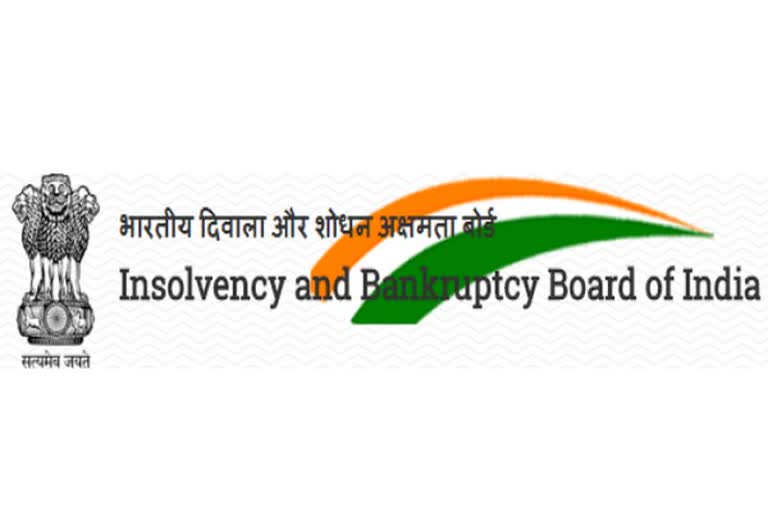New Delhi: The Insolvency and Bankruptcy Board of India (IBBI) has amended the norms for liquidation process wherein a secured creditor is barred from selling assets of a company to any person restricted from submitting an insolvency resolution plan.
The Insolvency and Bankruptcy Code (IBC) provides for time-bound and market-linked resolution process for stressed corporates. In case the resolution process does not materialise, then the entity goes for liquidation.
An official release on Tuesday said the IBBI has notified changes to liquidation process regulations.
"The amendment clarifies that a person, who is not eligible under the code to submit a resolution plan for insolvency resolution of the corporate debtor, shall not be a party in any manner to a compromise or arrangement of the corporate debtor under section 230 of the Companies Act, 2013," it said.
Further, a secured creditor cannot sell or transfer an asset, which is subject to a security interest, to any person who is not eligible under the code to submit a resolution plan for insolvency resolution of the corporate debtor.
"The amendment provides that a secured creditor, who proceeds to realise its security interest, shall contribute its share of the insolvency resolution process cost, liquidation process cost and workmen's dues, within 90 days of the liquidation commencement date," the release said.
Also, the secured creditor has to pay excess of realised value of the asset, which is subject to a security interest, over the amount of its claims admitted, within 180 days of the liquidation commencement date.
According to the release, where the secured creditor fails to pay such amounts to the liquidator within 90 days or 180 days, as the case may be, the asset should become part of Liquidation Estate.
Among others, the amendment provides that a liquidator should deposit the amount of unclaimed dividends and undistributed proceeds in a liquidation process along with any income earned thereon into the corporate liquidation account before an application for dissolution is submitted.
The revised norms also provides a process for a stakeholder to seek withdrawal from the corporate liquidation account.
Read more: Modi to chair meeting of experts at NITI Aayog on January 9



